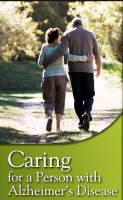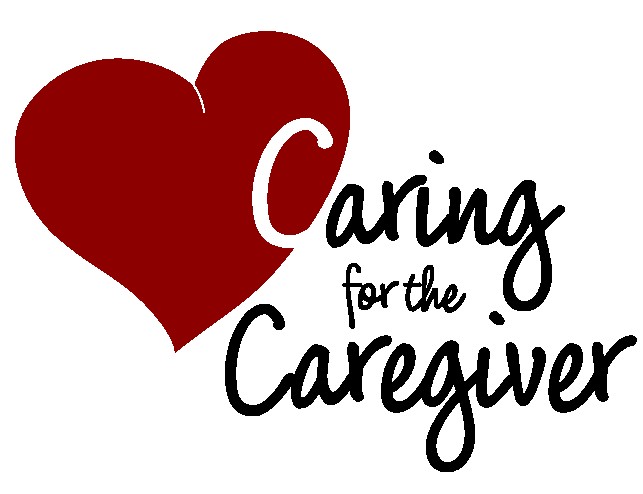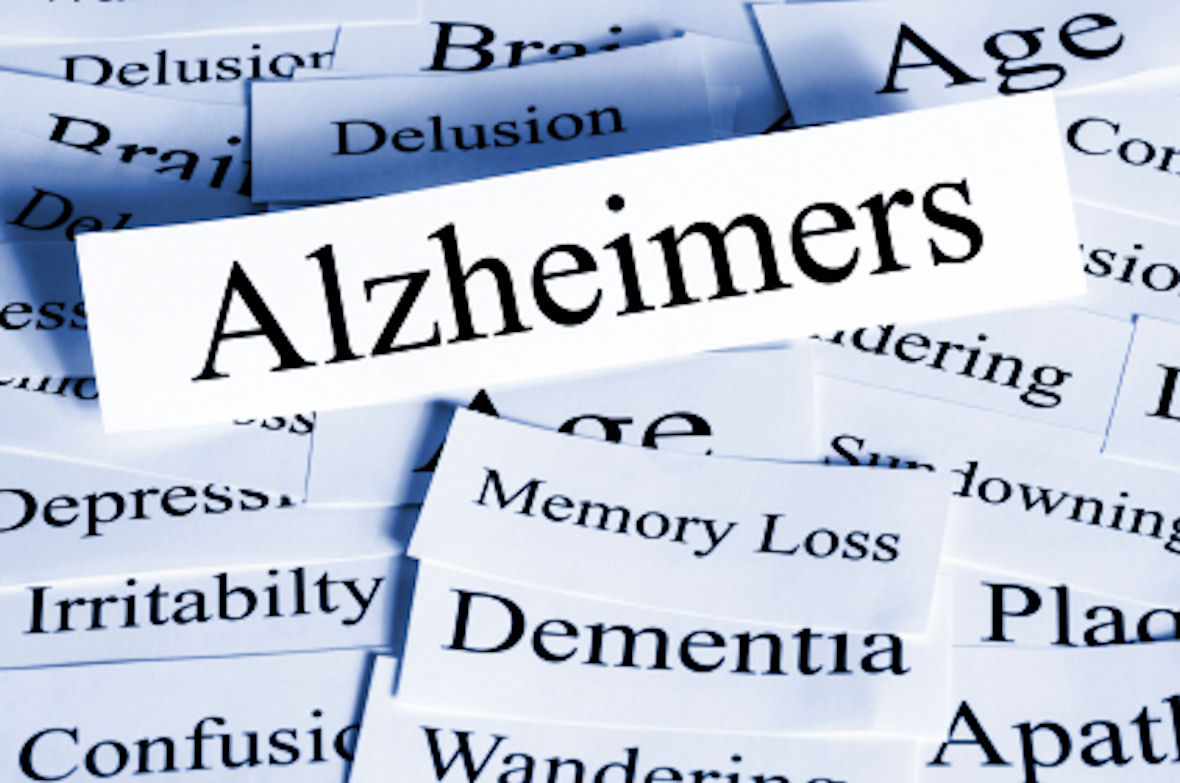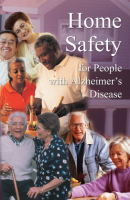If you are an elder who is being abused, neglected, or exploited, tell at least one person. Tell your doctor, a friend, or a family member whom you trust. Other people care and can help you.
In the U.S., you can also call Eldercare Locator at 1-800-677-1116.
The person who answers the phone will refer you to a local agency that can help. The Eldercare Locator answers the phone Monday through Friday, 9 am to 8 pm, Eastern Time.
Other international helplines include:
- UK: 0808 808 8141 or Ireland: 1800 940 010 (Action on Elder Abuse).
- Australia: 1300 651 192 (Elder Abuse Prevention Unit).
- South Africa: 080 111 2131 (Age In Action).
- Canada: visit Alberta Elder Abuse for local helplines.
- New Zealand: visit Age Concern NZ for local helplines.
Adult Protective Services (APS)
The first agency to respond to a report of elderly abuse, in most states, is Adult Protective Services (APS). Its role is to investigate abuse cases, intervene, and offer services and advice. Again, the power and scope of APS varies from state to state. However, every state has at least one toll-free elder abuse hotline or helpline for reporting elder abuse in the home, in the community, or in nursing homes and other long term care facilities
How do I report suspected elder abuse?
The 500,000 to 1,000,000 reports of elder abuse recorded by authorities every year (the vast majority of which are proven to be true) are only the tip of the iceberg; according to data from different states, for every case of elder abuse reported, another 12 or 13 are not. Accordingly there’s a great need for people to report suspected abuse.
In every state, physical, sexual, and financial abuses targeting elders that violate laws against assault, rape, theft, and other offenses are punishable as crimes. With some variation among states, certain types of emotional elder abuse and elder neglect are subject to criminal prosecution, depending on the perpetrators’ conduct and intent and the consequences for the victim.
States differ on who is required to report suspected elder abuse (there’s no federal standard), though the categories of mandatory reporters are expanding. Typically, medical personnel, nursing home workers, peace officers, emergency personnel, public officials, social workers, counselors, and clergy are listed as mandatory reporters, and that responsibility is spreading to financial institutions and other entities that work with seniors.
While it’s important for elders to seek refuge from abuse, either by calling a local agency or telling a doctor or trusted friend, many seniors don’t report the abuse they face even if they’re able. Many fear retaliation from the abuser, while others believe that if they turn in their abusers, no one else will take care of them. When the caregivers are their children, they may be ashamed that their children are behaving abusively or blame themselves: “If I’d been a better parent when they were younger, this wouldn’t be happening.” Or they just may not want children they love to get into trouble with the law.

http://helpguide.org/mental/elder_abuse_physical_emotional_sexual_neglect.htm
Authors: Laurence Robinson , Tina de Benedictis, Ph.D., and Jeanne Segal, Ph.D. Last updated June 2011
©2001-2011. All rights reserved.


















